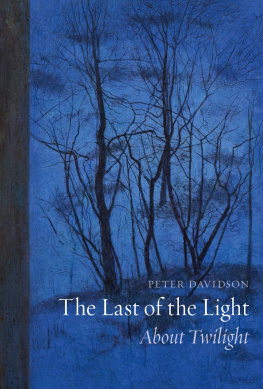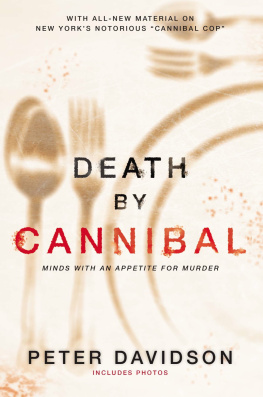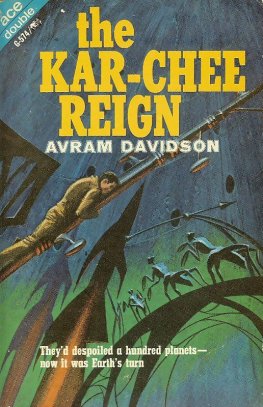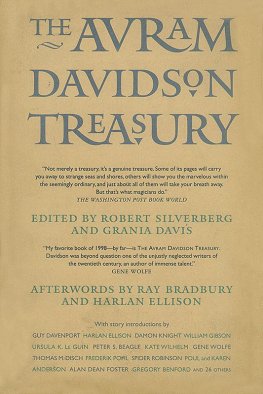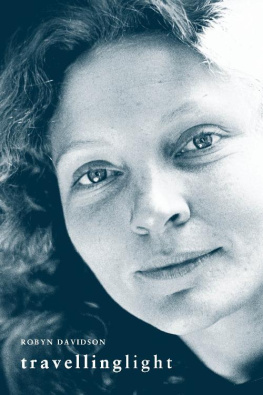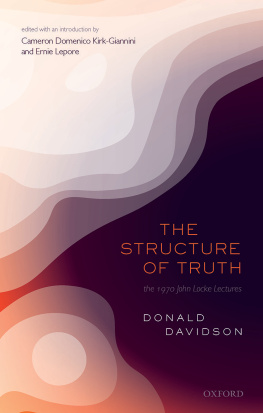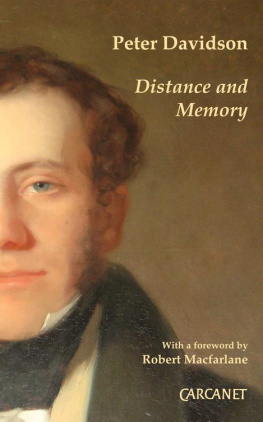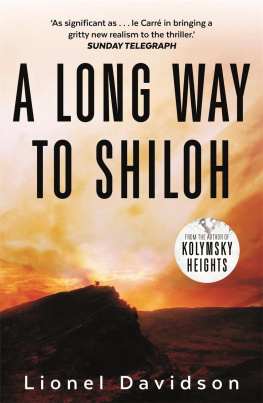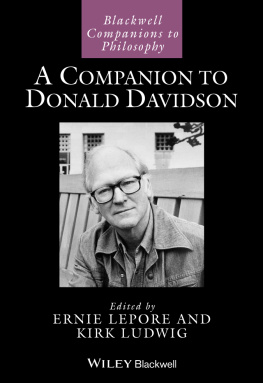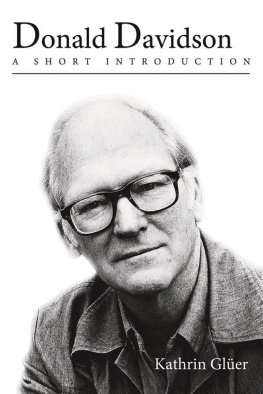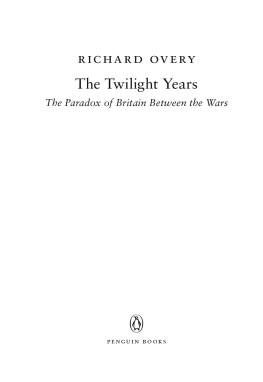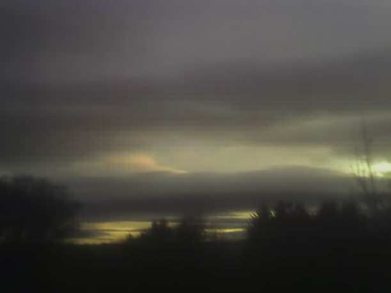I NTRODUCTION
We should begin by such a parting light
To write the story of all ages past
And end the same before the coming night
Sir Walter Raleigh, The Oceans Love to Cynthia (c. 1590s)
The owl of Minerva begins to fly only at dusk.
G.W.F. Hegel, preface to Grundlinien der Philosophie des Rechts (1820)
Last night the storms passed over in the dark to leave this borrowed day of stillness and bright air. The barley is harvested now and the long slopes above the house are pale with stubble. It is cold by the end of the afternoon, colder still in the thin wind as I climb out above the shelter of the hawthorns, where the track bends right towards the farm, and the mountains on the western horizon come into view. This walk comes earlier every day, as the year hurries down towards the dark. I press on ahead up the stubble field until the whole broad valley lies below me, with the wider landscape spread beyond it. The black hill above Cullen, then the receding shadows of the greater hills that begin beyond Huntly, fading into distances and cloud.
To the south is the outriding mountain of Bennachie, with its row of rocky teeth that gave the ridge its Celtic name, The Mountain of the Comb. That name became the Graupius of Mons Graupius, the place where the legions were defeated, the northernmost point that the Roman Empire reached on land. So I stand on shadowed slopes, on the bare shoulder of the hill, outside the old boundaries of Empire, on the far margin of Europe.
The lime-white castle of the Jacobite Hays closes the valley to the south, its woods curving about it, huge beeches washed with umber as autumn takes hold. There is a bonfire among the plantations, one straight column of rising smoke. The castle wavers and dissolves behind it. Across the tawny land, with the last rolls of straw in the fields, there is a scatter of stone farm-towns, each with its hedges and tree. Our house is invisible on its ancient site in the valley bottom, folded into the sheltering flank of the hill, lost in its grove. There is something secretive still about these remote landscapes of old rebellion Lancashire, Aberdeenshire the places that held out against all the revolutions, religious, industrial and glorious alike. The castle guards its own dark corner of the land, with the Jesuit badge still carved over the fireplace in its great hall, part of a furtive culture of codes, ciphers and allusions. To the north the slopes fold into dimness and away into cloud massing over the coast.
The sun is far into the west now: the mountains to the south have gone to flat grey and leaden blue. The farmland in the valley at my feet is sinking into the shadows. Only the western ranges hold the light. The sky above them is faint azure with a thin glaze of yellow laid over it, spreading up from the horizon. However hard I stare, shading my eyes against the sun balanced on the rim of the mountains, I cant see where gold gives way to blue. John Ruskin laboured all his life in the attempt to describe the almost indefinable colours of a clear western sky, coming in the end to rest on the beautiful form of words that fixes the thing as nearly as it can be defined: transparent blue passing into gold.
The sun sinks below the nearest peak. Deep in the distant hills, mountain slopes and high grasslands are flooded in gold. Looking westwards over the darkened fields towards this transient, bright kingdom, I am seized by an unreasoned longing to be there in that unreachable, temporary paradise at the frontier of the day. I know that it will fade when the sun goes below the mountains and the cold flows down with the evening wind. But, for this one moment, that last territory of the light seems to draw into itself every longing for travel that I have ever felt and every longing for home.
Why do we respond to these words with such an emotion of recognition? Is it because we are predisposed to do so by our personal histories, our educations, the inherited cultures that we share? The great origin myth of the west is Virgils tale of the voyage of the Trojan refugee Aeneas towards a promised home in the lands below the sunset, and the disappointments and losses that haunt him even in Hesperia. Is it the condition of the European evening-land to see life itself as exile hoc exilium felt anew with the fall of every dusk?
We turned from the rail with a sigh, aware that the light was sifting away into darkness, as casually as the plumes of smoke from the funnel of the ship that carried us. We had become, with the approach of night, once more aware of loneliness and time those two companions without whom no journey can yield us anything.
Thus Lawrence Durrell, travelling through places at the root of the European arts, on the voyage from Cyprus to Venice. Through the centuries, European culture has, to some degree, felt itself to be an after-culture, a broken culture of shadow and echo. All times after the lost, bright world of Greece and Rome are twilight ages. Those who lived in the overshadowed world after the fall of the Western Empire had to look back to the full sunlight of antiquity for wisdom in every field of human endeavour medicine, poetry, law. The great humanist endeavour of the Renaissance was in essence the piecing together of the scattered fragments of the works of the ancients, even amid an awareness that much was lost beyond recovery. For a thousand years Europe has readily accepted the old idea of the constant decay anddimming of the world. This has affected almost everything. It is only the generals and dictators who proclaimed in action and architecture that they had re-made the glories of the Romans. The age of gold declines to our age of iron, and exile and shadow are the undersong of our histories. Our own age too can readily be seen as a spoiled and darkening one, littered with a tidewrack of failing monuments to the hopes of post-war Europe.
By Christian tradition, too, Europe has seen itself as defined by twilight: the twilight of the scattered, fallen world as opposed to the ordered, sunlit garden from which humanity is exiled. The light of our brightest day is but a shadow of the sun before the fall. The Anglo-Saxon Lives of Adam and Eve

